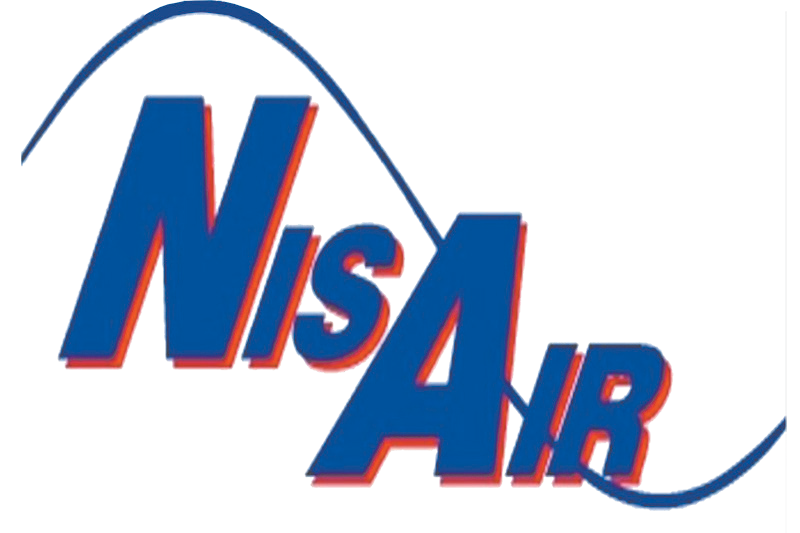How to Know Whether to Replace or Just Repair Your HVAC System
If you’re on the fence about whether to repair or replace your HVAC system, there are some key indicators that can signal it’s time. Investing in new, Energy Star-rated equipment could significantly reduce your energy bills, and make your home more comfortable if you’re experiencing these issues:
- You’re calling to schedule repairs more frequently, and your system is noisier while operating.
- Your monthly energy bills are rising, but your usage hasn’t changed significantly.
- You’re finding an increasing amount of dust throughout your home.
- Some rooms in your home are too warm, while others are too chilly.
- You’re having a problem with excess humidity.
If the above issues are all too familiar, and your system is 10 to 15 years old, it’s time to speak with your HVAC professional about the benefits of replacement. You might be tempted to only change out one faulty piece of equipment to help reduce your upfront costs. This can backfire and end up costing you more in terms of energy efficiency, comfort and savings. The components of today’s high-efficiency HVAC systems are designed to work together in order to reach their full, useful lifespan at maximum efficiency. Before you take the plunge and invest in a new HVAC system:
- Make your home as energy efficient as possible by tightening up the exterior envelop, installing the correct amount of insulation, and ensuring adequate ventilation.
- Have your contractor perform a detailed load calculation to size your new system accurately. If the capacity isn’t adequate, the system won’t operate efficiently and won’t keep your home comfortable. Oversizing can result in a whole constellation of problems, as well.
- Ask for your HVAC contractor’s input on efficiency rating versus cost for several different systems, so you can choose one that matches your budget and needs. For heat pumps, compare the Heating Season Performance Factors (HSPF), and for air conditioners, look at the Seasonal Energy Efficiency Ratios (SEER). Give SEER priority in our South Florida climate.
If you need expert advice about whether you should repair or replace your HVAC system, contact us at NisAir Air Conditioning and Heating. We’ve proudly served the home comfort needs of Palm Beach, Indian River, St. Lucie and Martin county residents since 1973.

